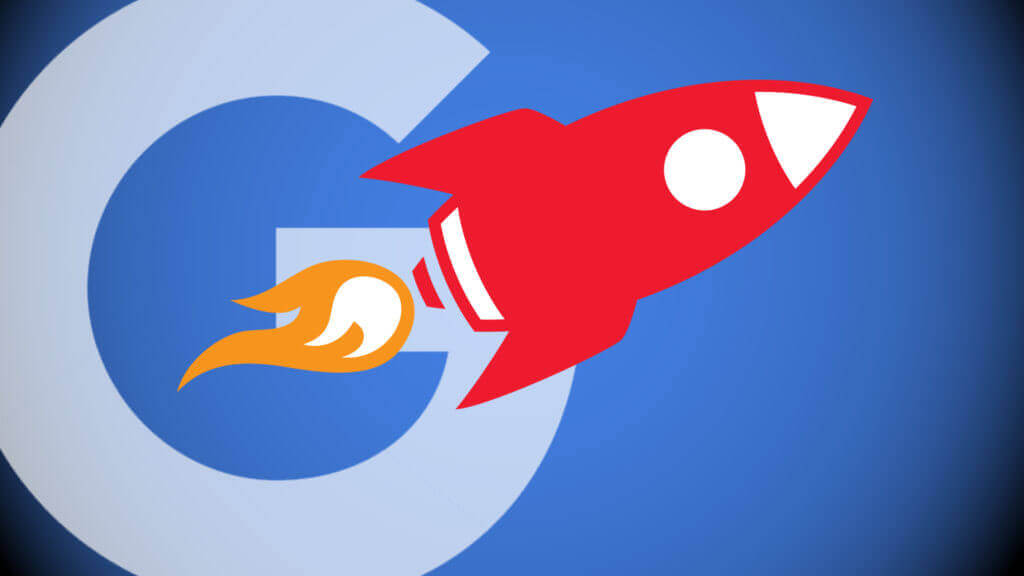
Over the past several years, hotel advertising on Google has become increasingly complex, due to changes instituted by Google itself, changes in travel consumer planning behavior, and advancements in technology. Here are just a few of these developments:
- Desktop: By removing the right rail on desktop searches, Google decreased advertising “real estate” by 67%. This change has resulted in increased competition (i.e., there are four ad spots now, whereas before there were 11) and higher CPCs, which means that the same budget yields less clicks at a higher cost per click. Fewer clicks mean fewer bookings.
- Mobile: Over 60% of Google searches are now done via mobile devices, where the competition for limited advertising “real estate” is especially fierce. There are less than three listings per search result, which means higher CPCs. In addition, many of the clicks result in phone reservations, which are only trackable with a sophisticated call analytics solution.
- Travel Planning/Purchasing Behavior: Online travel planning and purchasing behavior has become increasingly complex. Today’s online travel consumer visits 18 websites via multiple devices in eight sessions before making a hotel booking.
- Technology: From programmatic ad buying, dynamic rate marketing (DRM) and data marketing, to creating marketing personas and targeting look-alike audiences, today’s advertising and targeting options have become more technology-enabled, more targeted, and exceedingly complex.
These changes should affect how hoteliers execute various advertising formats in their Ecosystem and what initiatives they use to reach travel consumers through the travel planning journey:
- Upper Funnel: Increasing Traveler Engagement
-
- YouTube TrueView
- Gmail Ads
- Lower Funnel: Increasing Traveler Conversion
-
- Google Search Network
- Google Display Network (GDN)
- Google Hotel Ads (Meta Search)
- Remarketing Lists for Search Ads (RLSA)
- Customer Match – targeting look-alike audiences
The Google Ecosystem – A Fully Integrated Advertising Platform
Based on all of these developments, hotel marketers must plan accordingly and understand that the Ecosystem has become a fully integrated advertising platform where all advertising formats are intertwined and work in concert, user engagement in the upper funnel influences conversions in the lower funnel, and a campaign in one advertising format influences the results from all other formats.




